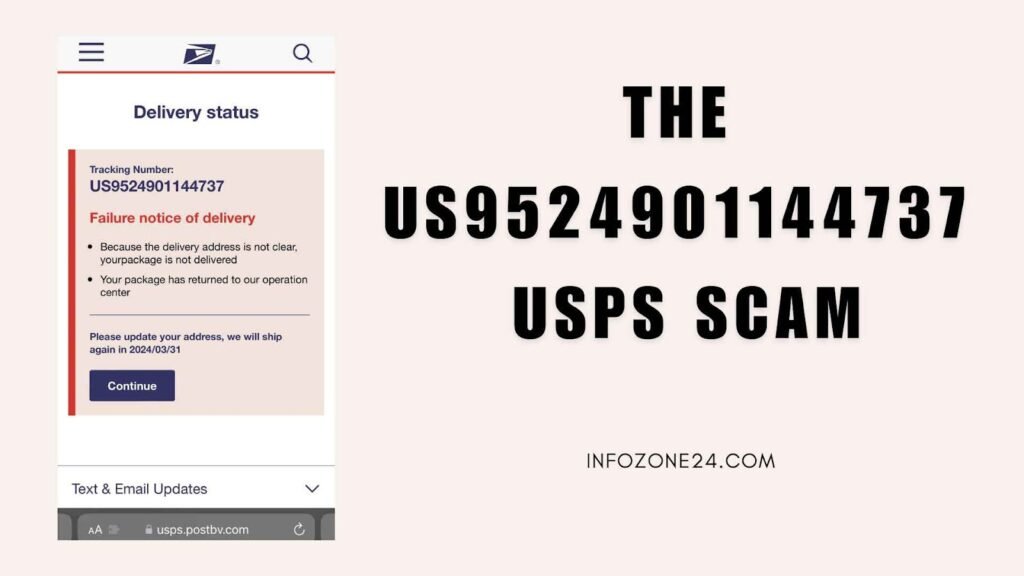Cash advances are a good way to pay for emergency expenses. They are easy to apply for and don’t normally hurt your credit score. However, there are some nuances to be aware of. You should try to pay off your advance as quickly as possible. In this article, you’ll learn more about the fees and interest associated with cash advances.
Paying off cash advances as quickly as possible
Cash advances can hurt your credit score in several ways. First of all, they increase your credit utilization ratio, which is your total debt divided by the total amount of available credit. This can negatively affect your score, as a high credit utilization rate suggests bad money management and impulsiveness. Moreover, it makes you look risky to lenders and landlords.
Second, cash advances should be a last resort. If you’re not careful, they can quickly sink you into debt. Moreover, they tend to have higher interest rates than regular purchases. And most credit card companies don’t give you a grace period, so you’ll start accruing interest the day you withdraw the money. Instead, consider using other options to access money when you need it most.
Finally, cash advances may be an expensive way to get cash, but they also have a high risk of damaging your credit score. In these cases, they’re best used for emergency situations where physical cash is needed and paying the debt off quickly is not an option. For example, you might use a cash advance for a yard sale, or to purchase a used item that you can’t afford in the moment. Paying off cash advances is important because falling behind on payments can negatively impact your score.
Cash advances can also have high interest rates. If you can’t pay them off in time, you may want to think of other alternatives, such as getting a personal loan, applying for an extension, or asking for help from family and friends. You may also want to withdraw only a small amount and then pay off the remainder as quickly as possible.
Although it might be uncomfortable to borrow money from a friend, it can help you to avoid paying interest. Additionally, if you only need a small amount, you could also overdraw your checking account and borrow it. Although this option might cost you a small fee, it will ensure that you don’t incur any interest on it.
Cash advances can be costly to pay off. They can be very tempting to use, but they come with dangerous consequences. You should never use your credit card for cash advances unless you have the cash to pay them off in full.
Fees associated with cash advances
Cash advances can hurt your credit score when you use them in an improper manner. While they won’t show up on your credit report as their own line item, they can negatively impact your credit score because they increase your credit utilization rate, which tells lenders that you’re not paying off your credit as you should. Cash advance lenders are allowed to sue you for not paying back a cash advance, and this will appear on your credit report for up to seven years.
Another common issue with cash advances is that they increase your credit utilization ratio, which is calculated as your total debt divided by the total amount of available credit. For example, if you owe $1,000, you would have a 20% credit utilization ratio. Credit utilization is the second-largest factor in a credit score, so a high utilization rate will have a negative effect. Lenders view high credit utilization as a warning sign that you’re a poor money manager and aren’t making enough money.
The interest rate on cash advances can be astronomical. A typical APR ranges from 17 to 29%. Other fees can include transaction fees or ATM charges. For example, you may be charged fees if you withdraw money from another bank’s ATM. This is because banks usually charge non-customers a fee to use their machines.
While cash advances are convenient, they are costly. You should only use them when you have exhausted other options. Most credit cards have a limit for the amount you can borrow. Usually, you can’t borrow more than your available credit limit plus the fees associated with cash advances.
The fees associated with cash advances can really hurt your credit score. Many credit cards charge up to 5% of the total amount you borrow for cash advances. These fees can quickly add up if you don’t pay the money back on time. In addition, cash advances begin accruing interest immediately after they’re disbursed.
Taking a cash advance can help you in a pinch, but you must pay it off as soon as possible to avoid damaging your credit. To avoid such fees, it’s best to use a savings account first. The ATM fees are much smaller than those associated with cash advances. Instead, replenish your savings as fast as you can.
Interest charged immediately
Obtaining a cash advance from your credit card company is an easy process. However, you should take into consideration a number of other factors before taking out this type of loan. One of the most important of these factors is your credit score. Having a low score can make it difficult for you to qualify for a cash advance.
If you carry a high balance on your credit card, this will hurt your score. A credit utilization ratio under 30% is considered good. If you use a cash advance frequently, you will push your credit card balance above that. High credit card balances are a major negative for your credit score, and cash advances increase your balance.
Cash advances can also be difficult to pay back. If you do not make your payments on time, you may have trouble repaying the loan. This will result in you taking out additional loans, compounding the interest. Additionally, if you fail to pay your debts, you could get your account reported to the major credit bureaus. As a result, your credit score can suffer as a result of the failure to repay.
A cash advance can also affect your credit score if you make late payments. Most credit cards allow a grace period of 21 days, but after this period has passed, interest will begin to accrue. If you use the same credit card for several months, this can add up. This can make it difficult to manage your finances and can lead to bad money habits.
While a cash advance can help you when you’re strapped for money, you should not use it often. It’s best to plan ahead and make payments on time. Otherwise, it may backfire. Make sure you understand the terms and policies of your credit card before taking one out.
A cash advance can be very tempting. These loans are very easy to get and can even be obtained from your credit card. A credit card cash advance can help you pay for unexpected expenses. Just remember that the interest rate you are charged for the money will be much higher than the rate on your regular purchases. Also, there is no grace period and interest accrues immediately after you take out the loan.
Impact on credit score
While a cash advance does not directly affect your credit score, you should still pay attention to the terms and conditions. These loans typically come with high interest rates and fees, and if you fail to repay them on time, your account balance could increase quickly. This may affect your credit score and prevent you from obtaining further credit in the future. As such, you should take the time to read the terms and conditions and make every effort to pay back the full balance.
The most common misconception about cash advances is that they will not impact your credit score. In fact, cash advances will raise the overall balance on your credit card. This will negatively affect your credit score because your credit utilization ratio will increase. Furthermore, if you fail to repay your cash advance on time, it may put you over your credit limit, which will negatively impact your credit score. Creditors do not want to risk extending you new credit if you cannot pay off the current balance.
While it is important to keep your credit utilization ratio under 30%, a cash advance may push that number over the threshold and lower your credit score. This type of debt can be particularly damaging to your credit score if you aren’t earning enough money to make your payments. Therefore, it’s critical to follow the credit card issuer’s rules about credit card usage.
Cash advances will show up on your credit report as normal purchases, which is not an issue when compared to a payday loan, but they’re still more expensive than an emergency fund. If you’re worried about your credit score, you should explore other options. Cash advances are generally regarded as high-risk financial transactions, so they should only be used when you have no other way to pay for an emergency.
A cash advance is a type of short-term loan offered by a credit card issuer, but they don’t involve any rigorous application process. Instead, you can simply borrow up to a certain amount on your account. However, you should be aware that these loans carry high interest rates, which make them difficult to pay back.
Michael C Vang is a passionate blogger. He has been blogging since 2013 on a variety of topics. He is committed to creating informative and engaging content that helps readers learn more about everything.



